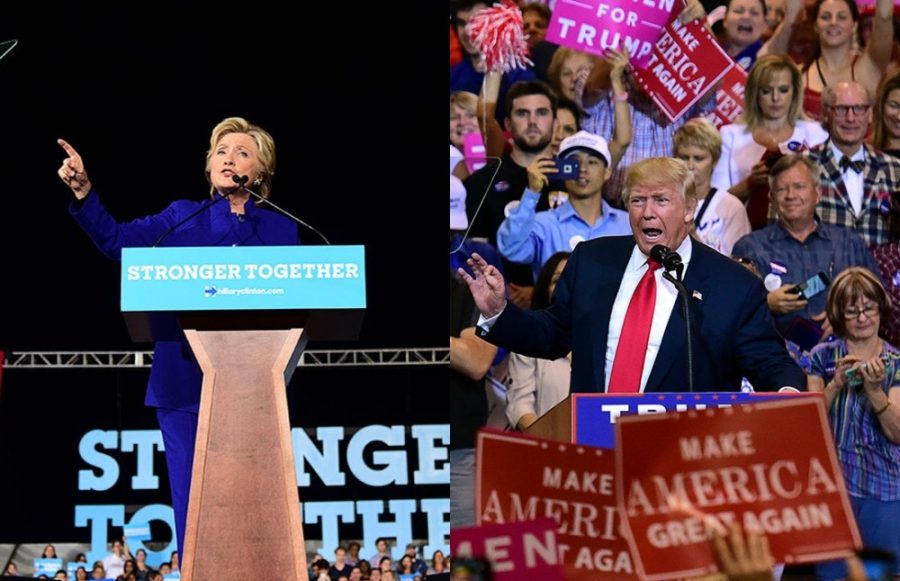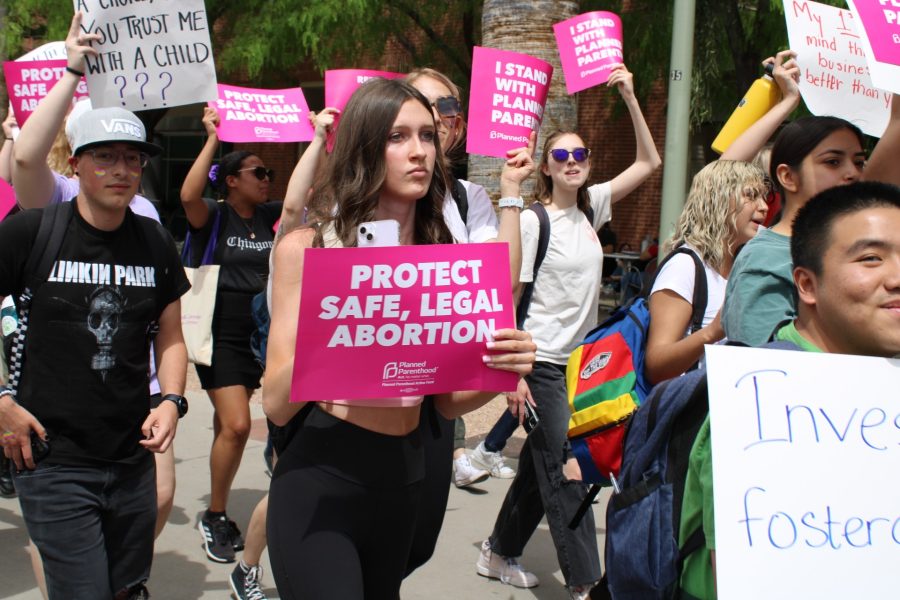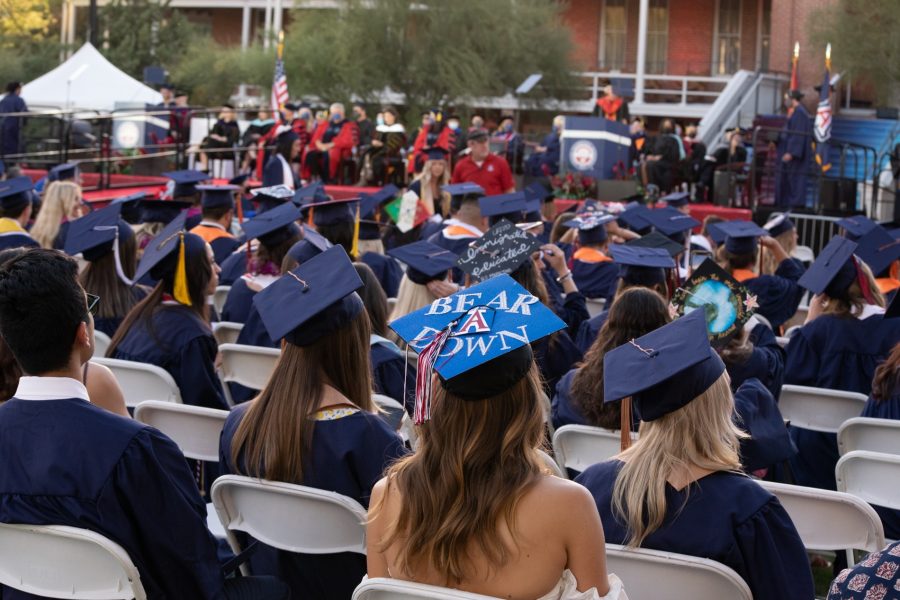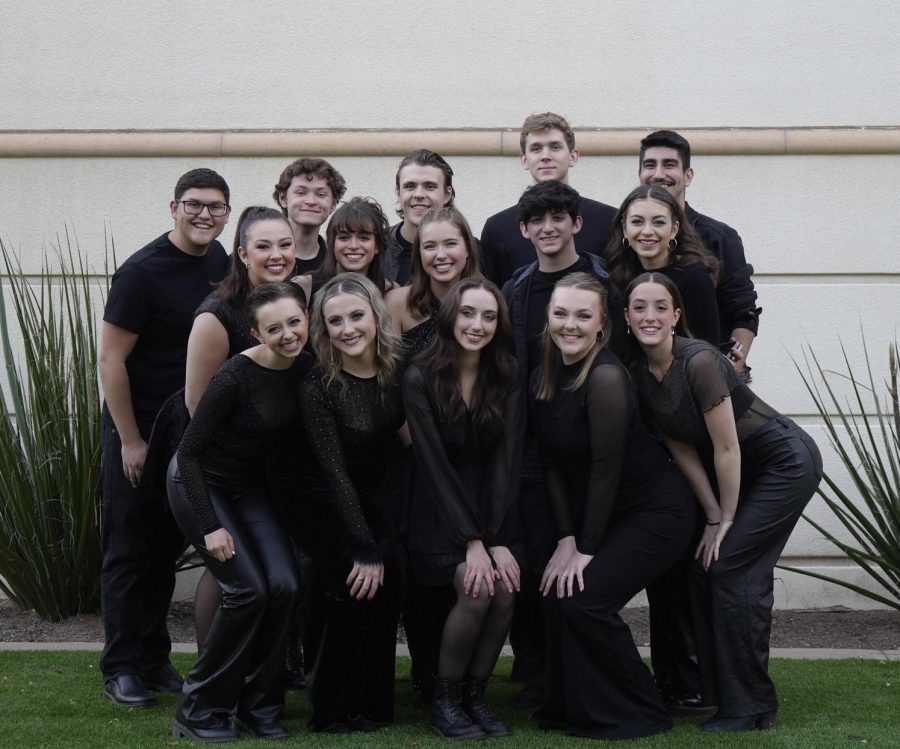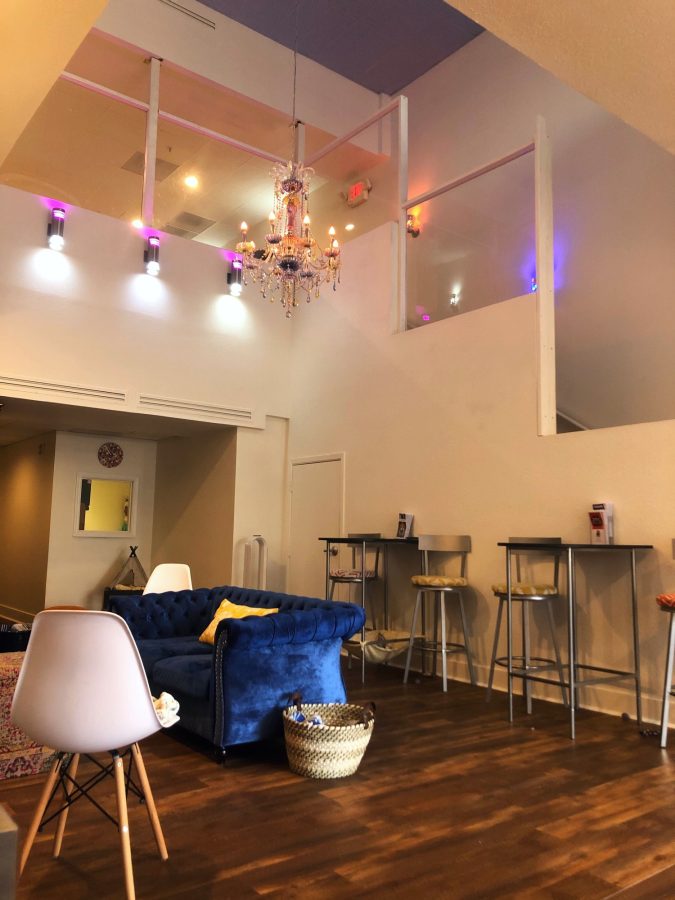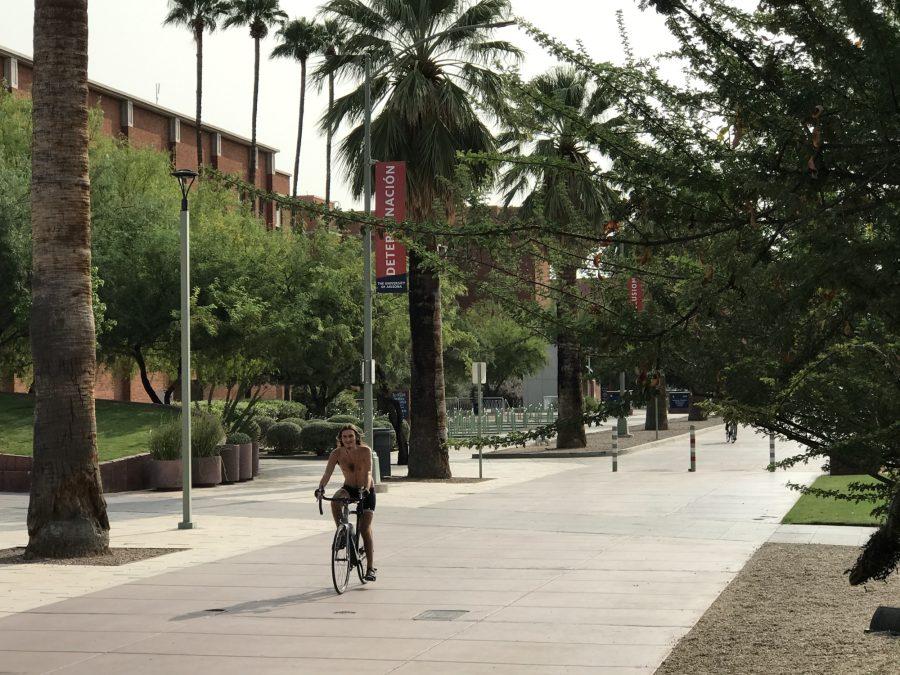May has officially kicked off Revive Civility Month for the Tucson community, and the National Institute for Civil Discourse has formed a task force after a proclamation signed by Mayor Jonathan Rothschild last month at the Loft Cinema.
“Rothschild has been a real leader in supporting the campaign,” said Carolyn Lukensmeyer executive director of the NICD. “We had 300 people there, all of whom have agreed to participate.”
She said that businesses, social service agencies, health care organizations and educators will take the message of civility into their workplaces.
The nonpartisan and nonprofit organization operates with politicians, reporters and the public through advocacy, research and policy.
Due to the the 2016 presidential campaign and the rhetoric used, “incivility in America has reached epidemic proportions. Every day rudeness, disrespect and hostility sideline collaboration and compromise,” the website said.
Lukensmeyer became executive director of the NICD in July 2012 and said the organization has held different events to encourage civil discourse.
“Since that time we’ve been doing social action programs with the three critical elements in any healthy function democracy with elected officials, with the media and with the public,” she said.
“The 2016 presidential campaign clearly took political speech to a level of degradation that we had not seen before in modern politics,” she said. “In 2016 we got lots of social media messages and emails from citizens from all over the United States, red states, blue states, purple states which were saying; ‘we have to do something about this.’”
Lukensmeyer said people have to be able to disagree with one another without demonizing. She said the evidence indicates the organization’s work is still important, with vitriol running high on all sides months after the election.
The NICD encourages everyone to get involved with a texting platform called “Text, Talk, Revive Civility” used to connect texting to small group discussions. “You can text the number and that will start a guided conversation,” Principal Research Specialist Timothy J. Shaffer said.
“All of a sudden your phone basically becomes a moderator for a conversation and then you can have some discussions,” he said.
A poll cited by the NICD described the results of the rhetoric in the 2016 election. According to the 2017 Civility in America Poll of 1,126 U.S. adults said, “A record high 69 percent of Americans believe that the U.S. has a major civility problem, a view shared equally by people who voted for Donald Trump or former Secretary of State Hillary Clinton.”
Also, “83 percent of Trump voters and 88 percent of Clinton supporters said the media is obligated to report when a public official is lying,” the report said.
When it comes to a politician’s role in increased incivility, the poll recorded that 89 percent of Clinton voters believe politicians are the main source, while 53 percent of those whom voted for Trump agree.
RELATED: Ombuds office gives Wildcats a secure place to resolve issues
UA administration has promoted the “inclusive excellence model” to encourage all people to be open to different world views, beliefs and opinions so that the university will in turn be better.
“A part of this is aligning with local governments or even with institutions to say how do we embed this idea of a more civil discourse regardless of our political affiliations or views,” Shaffer said.
The NICD in Tucson is the second of its headquarters, with the first located in Washington D.C. The NICD was established here after the January 2011 shooting that killed six people and wounded 13 others, including U.S. Rep. Gabby Giffords during a “Congress on Your Corner” event.
“Very quickly after the memorial service, the community of Tucson and the University of Arizona came together and said ‘we have to make something good come out of this horrific tragedy,'” Lukensmeyer said.
Former Presidents George H.W. Bush and Bill Clinton were named as honorary chairmen of the NICD at UA. In 2011, Clinton believed that the institute would “elevate” the dialogue throughout the country.
The goal of Revive Civility campaign is to encourage community members to build a brighter future for future generations. “Whereas, civility assists in the process of working together to create lasting solutions to our most pressing challenges, while fostering respect among opposition groups,” said Mayor Rothschild in his proclamation.
Lukensmeyer said that there is positive evidence across the nation that discourse is improving.
“What I see that’s really positive all across the country … Americans really know that the values that the country was founded on really respect difference and dissent but they expect it to be done in a way that everyone’s voice gets heard and people are not demeaned or diminished because they hold a different point of view,” she said.
Follow Shaq Davis on Twitter.



